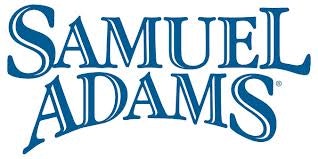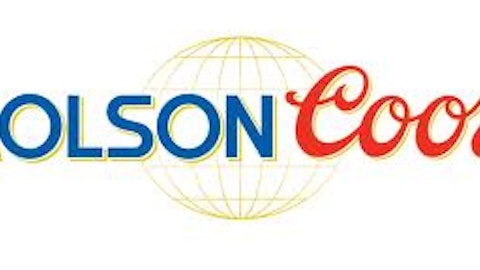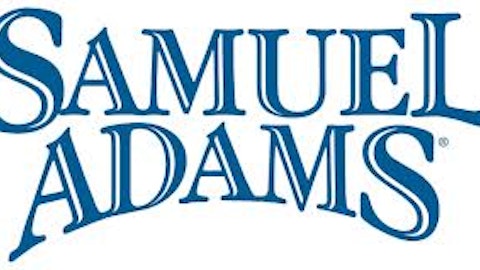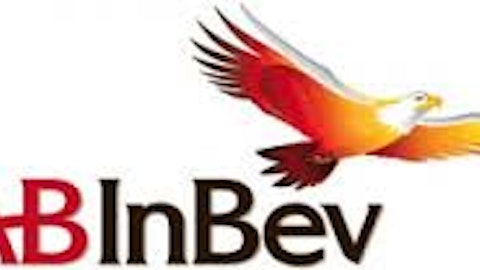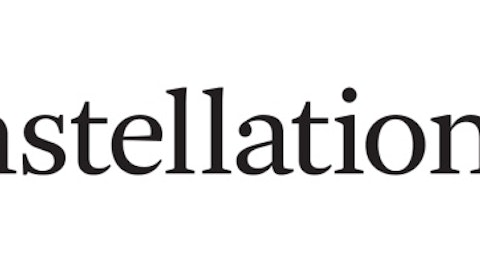The beer industry is considered one of the more recession-proof industries because when consumers feel the pinch of bad economic times, they switch from more expensive beverage choices such as wine and spirits and seek refreshment from the cold suds. That said, the Brewers Association reported that total beer sales in the United States were up less than 1% by volume in 2012. Rather flat.
But there is a segment of the domestic beer industry that is experiencing healthy growth: craft brewing, those brewers that emphasize unique flavors and high quality and do not attempt to compete with the giant brewing companies based on price. In 2012, this segment’s volume grew by 15% and revenue increased 17%. In 2011 craft brewing volume grew 13% and revenue 15%. Rather frothy.
A lager that isn’t a laggard
The unquestioned leader in the craft beer field is Boston Beer Co Inc (NYSE:SAM), best known for its Samuel Adams line of more than 50 varieties of craft beers. The company’s share of its niche is estimated to be nearly 20%. But its dominance does not mean it doesn’t face growing competition. Other small craft brewers are entering the market all the time — the total number of breweries operating in 2012 was the highest since the 1880’s — and the big industry players, seeing the growth and profit margins of craft beers, are developing their own craft-style brews.
The company has had to spend more on advertising and marketing to defend its turf. Boston Beer Co Inc (NYSE:SAM) spent $7.2 million more on marketing in the first quarter of 2013 than in the same quarter of 2012, as reported in a press release. This led to net income decreasing $0.6 million to $6.9 million compared to 2012, despite the fact that revenue soared 20%. Besides the marketing cost hike, higher ingredient costs put pressure on gross margins.
What exactly is an Angry Orchard?
Angry Orchard is Boston Beer Co Inc (NYSE:SAM)’s line of hard-cider products, which, along with its Twisted Tea malt beverages, were bright spots growth-wise in 2013’s first quarter. Both of these segments are growing much faster than the overall growth of craft beer sales. In our high tech world, it’s comforting that a company can drive future growth with a low-tech solution like putting its beer in cans for the first time. And that’s exactly what Samuel Adams is doing in 2013.
Substantially more beer is sold in cans than in bottles, so finding a way to manufacture its products in cans — while preserving the beer’s wonderful flavor — is an innovation the company is justifiably proud of. It opens up the opportunity to sell its products at events such as baseball games, for example. Other craft brewers are following suit and introducing their brands in can form.
This Bud’s for you — anywhere in the world
Anheuser-Busch InBev NV (ADR) (NYSE:BUD), the largest beer producer in the world, reported total first-quarter revenue growth of 1.5% and an EBITDA that rose only 0.9%. This company’s response to sluggish domestic beer sales growth and intense competition is to look outside the US for growth. Its global brands’ revenue grew 4.7% in the first quarter. China was a particularly strong market, the company reported, with beer volume up more than 15%. Management was also pleased with the market share performance of its higher- end brands.
The other major development was the company’s combination with Grupo Modelo, the Mexico-based brewer of internationally popular brands such as Corona. The combined companies intend to market each other’s brands through their extensive distribution networks. One thing to keep in mind about beer consumption is that it does vary due to weather. Unseasonably cold weather can dampen demand. Marketing all over the world means that for this company, it’s always warm, prime beer-drinking weather in some of their markets.
Another global balancing act
Heineken (ADR) (NASDAQOTH: HEINY) is best know for its Heineken and Amstel brands, but it also markets cider and soft drink products. The company’s first- quarter results showed a net profit increase year-over-year from 166 million euros to 227 million euros. Revenue grew 8.1%, but if we take the revenue effect of recent acquisitions, such as Asia Pacific Breweries out of the results, revenue was actually down 2.7% compared to 2012’s first quarter. This company’s global strategy is to take advantage of opportunities in emerging economies to offset slower growth in the developed nations.
Which stock to stock up on this summer — Heiny, Bud or Sam
When you list their ticker symbols together, it does sound like three drinking buddies at a bowling alley enjoying a few brewskis. To me, the most interesting company is Boston Beer Co Inc (NYSE:SAM) and its Samuel Adams brand. The popularity of craft brews is driven by taste — consumers seem to want more variety and taste in their beverages and are willing to spend more. The question is whether competitive pressures in the beer segment will slow its growth despite its cider and malt beverage products’ increased popularity.
The stock price is very near its 52 week high of $174. Heineken trades in the middle of its range, around $32, as does Anheuser-Busch InBev NV (ADR) (NYSE:BUD), which is trading at around $87 right now. Because of brand strength and distribution breadth, my favorite of the three is good old reliable Bud. Its combination with the huge Mexican brewer makes perfect strategic sense.
If you consider these beer companies, please invest responsibly. We all know it can be intoxicating to discover an undervalued stock. I’ve learned from painful experience that over-indulging in any one stock can lead to painful regret soon after, accompanied by a nauseated feeling of “Why did I buy so many shares of this?” It’s as though you temporarily lose your investing inhibitions. Fortunately, this type of portfolio hangover usually lifts as soon as you diversify a bit more. And you promise yourself: “I’ll never take that risk again.”
Brian Hill has no position in any stocks mentioned. The Motley Fool recommends Boston Beer. The Motley Fool owns shares of Boston Beer.
The article Is the Beer Industry Frothy or Flat? originally appeared on Fool.com and is written by Brian Hill.
Brian is a member of The Motley Fool Blog Network — entries represent the personal opinion of the blogger and are not formally edited.
Copyright © 1995 – 2013 The Motley Fool, LLC. All rights reserved. The Motley Fool has a disclosure policy.
